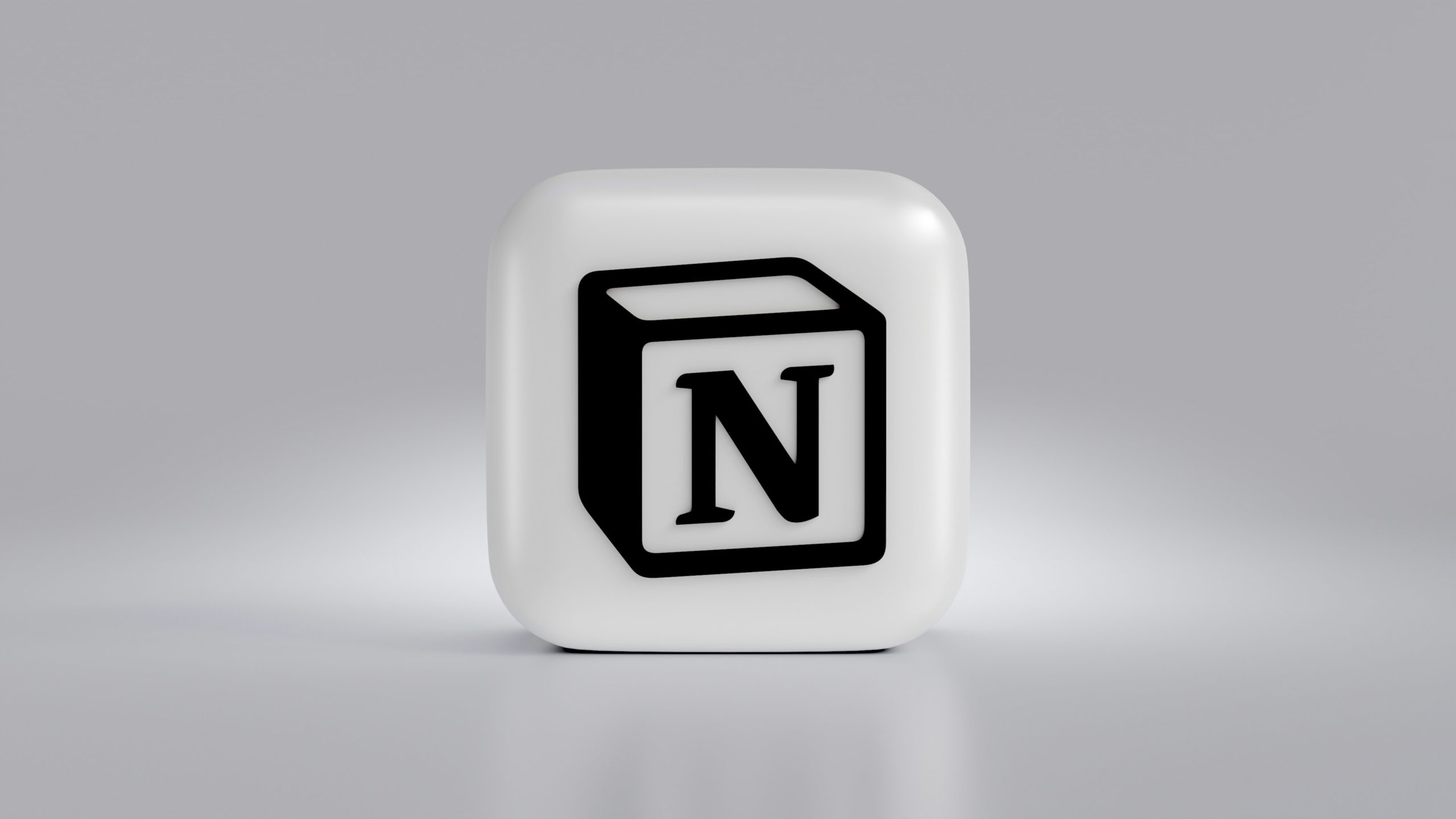Notion.so was founded by Ivan Zhao and was officially launched in 2016. The platform started as a simple note-taking application but quickly evolved into an all-in-one workspace solution. Notion gained popularity for its unique approach to combining note-taking, task management, database creation, and collaboration within a single platform.
Key Milestones:
- Launch and Early Years (2016-2017): Notion was introduced as a web and desktop application, focusing primarily on personal note-taking and organization.
- Expansion of Features (2018-2019): Notion expanded its capabilities by introducing databases, templates, and the ability to create complex interconnected pages. This marked the transition from a note-taking tool to a versatile workspace platform.
- API and Integration (2019-2020): Notion introduced an API (Application Programming Interface) that allowed third-party developers to build integrations and applications on top of the Notion platform, enhancing its functionality and interoperability.
- Collaboration and Real-time Editing (2020-2021): Real-time collaboration features were enhanced, enabling users to collaborate seamlessly on documents, databases, and projects. Notion became increasingly popular among remote teams and collaborators.
Impact on Freelancers and Content Generators:
The evolution of Notion.so has significantly impacted freelancers and content generators, providing them with a powerful tool to enhance their productivity, organization, and content creation processes.
- Streamlined Workflows: Freelancers often juggle multiple projects, tasks, and clients. Notion’s versatile platform allows freelancers to create customized workspaces, manage projects, track tasks, and maintain client information in one place. This streamlines their workflows and reduces the need for switching between different tools.
- Content Planning and Creation: Notion’s flexible layout and rich content capabilities make it an ideal platform for planning, drafting, and organizing content. Freelance writers, bloggers, and content creators can use Notion to brainstorm ideas, outline articles, collaborate with editors or clients, and manage content calendars.
- Portfolio Management: Notion provides a visually appealing way for freelancers to showcase their work through portfolio pages. They can create dynamic portfolios with project details, samples, visuals, and descriptions, making it easier to impress potential clients.
- Task and Project Management: Freelancers can use Notion to manage their projects, set deadlines, create to-do lists, and track progress. The platform’s task management features help freelancers stay organized and ensure timely delivery of work.
- Collaboration and Communication: Notion’s real-time collaboration features enable freelancers to work with clients, designers, editors, and other collaborators. This ensures that everyone is on the same page and can provide input cohesively.
- Centralized Information: Content generators can use Notion to store research, references, and notes for different projects. This centralized information repository improves efficiency and ensures that crucial information is readily accessible.
- Flexibility for Diverse Needs: Notion’s adaptability caters to the varied needs of freelancers and content generators. Whether they’re creating marketing plans, writing code documentation, managing design projects, or planning social media content, Notion can be customized to suit their requirements.
In summary, Notion.so’s evolution from a simple note-taking tool to a comprehensive workspace platform has greatly benefited freelancers and content generators. It provides a unified space to manage tasks, collaborate, plan content, and showcase work, ultimately enhancing their efficiency, organization, and ability to deliver high-quality content and services.




+ There are no comments
Add yours